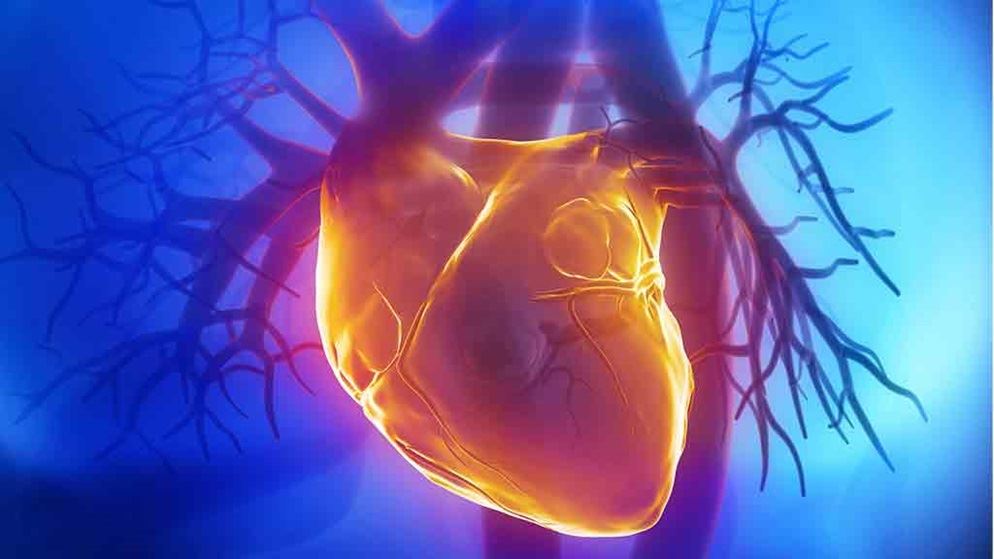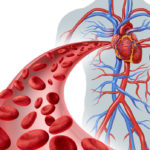
Rheumatic Heart Disease Overview, Causes and Symptoms
Rheumatic heart disease is a circumstance in which the heart valves have been enduringly damaged by rheumatic fever. The heart valve damage starts with a delayed or no treatment of the strep infection. In some cases, strep throat also called scarlet fever which is caused by the streptococcus bacteria can progress to rheumatic fever when it is not treated properly. Rheumatic heart disease is caused by rheumatic fever, which is an inflammatory disease that affects more than one connective tissue like heart, joints or brain.
The symptoms of this disease change over the course of time. The symptoms that you might face due to rheumatic heart disease are:
- Chest pain
- Heart palpitations
- Shortness of breath
- Swollen ankles, wrists, and stomach
- Excess fatigue
- Thumping sensation in chest
How is rheumatic heart disease diagnosed?
People with rheumatic heart disease will have a strep infection. A throat culture or blood test may be used to check for strep. Along with complete medical history and physical examination tests used to diagnose rheumatic heart disease may include
- Echocardiogram
- Electrocardiogram
- Chest X-ray
- Cardiac MRI
- Blood tests
Risks Factors
- Family history
- Strep bacteria
- Environmental condition such as unclean water
- Overcrowding and improper sanitation
Preventive Measures
- Covering the mouth while sneezing or coughing
- Proper washing of hands
- Maintaining distance from sick people



